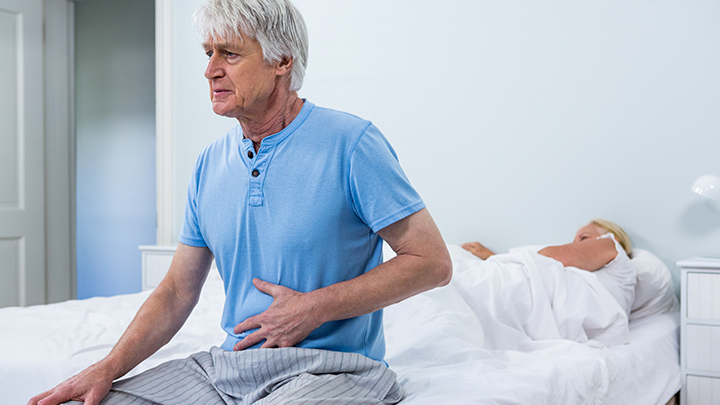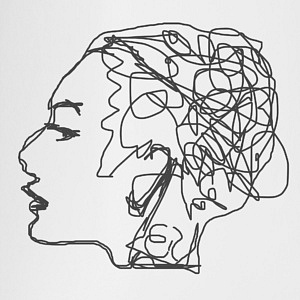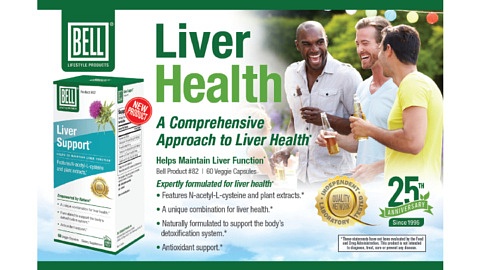The liver is an organ located within the abdomen, weighing approximately 3 lbs. This vital organ is part of the digestive system. Although there are many...
About the Author
Felicia Newell
Felicia Newell is a Registered Dietitian (RD), Nutritionist, and Health Coach. She is also the owner of Sustain Nutrition, and helps clients from all around the globe fight through the misinformation in the online world, and master their health goals in a way that also allows them to also enjoy life. After many years in practice and through extensive research, Felicia knows that the ‘restrictive dieting’ technique never works long-term, and she takes the realistic approach of the ‘80/20 rule’, as well as working with clients to find the specific strategies that work best for them. You can download her FREE Meal Planning Starter Kit to help get you on your way to crushing your health and wellness goals.
Check out:
Her website: www.sustainnutrition.ca
Facebook: facebook.com/SustainNutrition1
Instagram: @sustainnutrition
Twitter: @Sust_Nutrition
Pinterest: sustainnutr
Download her free meal planning starter kit here: bit.ly/MealPlanStartKit


 Many people report avoiding social situations in fear of having unavoidable and potentially embarrassing symptoms. This alone can cause social isolation, which in and of itself can affect a person’s mental health.
Many people report avoiding social situations in fear of having unavoidable and potentially embarrassing symptoms. This alone can cause social isolation, which in and of itself can affect a person’s mental health. Anxiety is one of the most common psychological issue associated with IBS and is most often related to the stress associated with the discomfort of symptoms as well as the inability to control bowel habits (also referred to as bowel control anxiety [BCA]).
Anxiety is one of the most common psychological issue associated with IBS and is most often related to the stress associated with the discomfort of symptoms as well as the inability to control bowel habits (also referred to as bowel control anxiety [BCA]).

